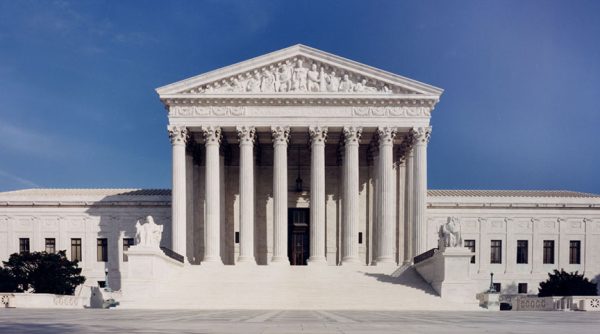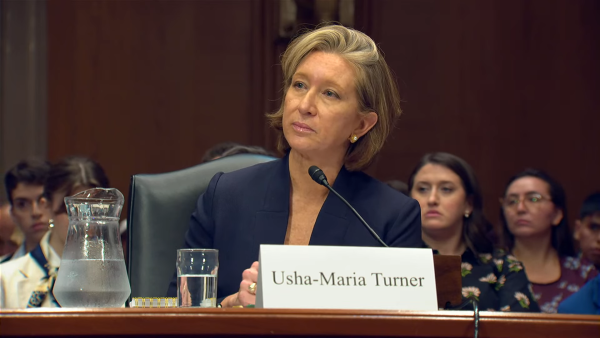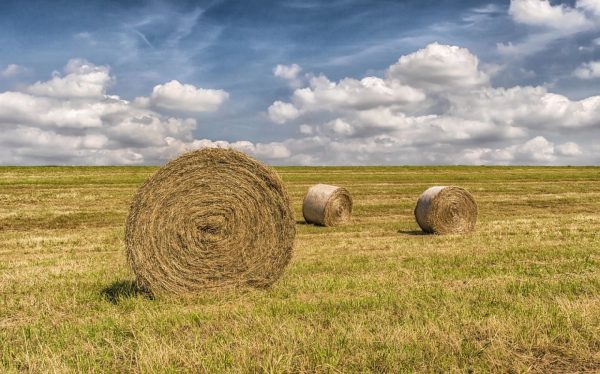Implications of Biden’s Presidential Pardon on Oklahoma
President Joe Biden’s presidential pardon of people convicted of simple marijuana possession is certainly historic, but it won’t actually free anyone from prison.
President Biden announced on Oct, 6 he would grant mass pardons for simple marijuana possession convictions at the federal level. He urged state governors to follow his lead, calling upon them to release inmates from state prisons.
“I am urging all governors to do the same with regard to state offenses. Just as no one should be in a federal prison solely due to the possession of marijuana, no one should be in a local jail or state prison for that reason, either,” Biden said.
However, the pardon did not immediately release anyone from federal prison. Under federal law, the punishment for simple marijuana possession first offense is up to a year in jail and a $1,000 fine. A second offense results in up to 2 years and jail and a $2,500 fine.
A report issued earlier this year by the United States Sentencing Commission found that between 1992 – 2021 there were 6,577 U.S. citizens convicted of marijuana possession at the federal level. As of January 2022, none of them remained in federal custody.
Biden said the pardon would also attempt to remove “needless barriers” such as the denial of employment, housing, and educational opportunities caused by the criminal records of those convicted. He also called upon the Secretary of Health and Human Services and the Attorney General to review how marijuana is classified under federal law. The Controlled Substances Act has marijuana listed as a schedule 1 drug, the same level as heroin, LSD, and ecstasy.
The president’s pardon will not apply to the majority of marijuana-related arrests around the country, as they are made at the state level. In Oklahoma, simple possession of marijuana is a misdemeanor offense that can result in up to a year in jail and a fine of no more than $1,000.
The annual crime report by the Oklahoma State Bureau of Investigation found that in 2020 alone, more than 4,400 adults were arrested in the state for possession of marijuana, which was 45% of all drug possession arrests.
Although there are few Oklahomans still in jail for marijuana possession due to the passage of State Question 780 in 2019, the misdemeanor charge can still create new types of restraints that are felt long after the conviction is made.
David Gateley, a criminal justice policy analyst at the Oklahoma Policy Institute, says being charged with marijuana possession can have profound negative effects on a person’s life.
“When somebody has a record, that creates an immediate barrier… nine out of 10 employers use a criminal background check”.
Gateley outlined what is known as “collateral consequences of a conviction” asserting that even something as simple as marijuana possession can negatively influence the outcome of applications for housing, employment, higher education and special licensing/certifications.
Furthermore, a misdemeanor charge can carry with it significant financial implications.
“For a simple possession case, on average, it’s about $1,800 in total. For a lot of people, this is a lot of money, it’s not something they can just write off, it’s not something they can write a check for,” said Gateley
The Oklahoma Policy Institute estimates that over $38 million in fees and fines have been levied in marijuana possession cases since 2012.
While these misdemeanors currently remain on one’s record permanently, that may change soon.
State Question 820 will be voted on in March 2023. If passed, SQ820 would legalize recreational marijuana in the state of Oklahoma and would create a path for previous marijuana-related convictions to be overturned.
That question “requires resentencing, reversing, modifying, and expunging certain prior marijuana-related judgments and sentences”.
Gaylord News is a reporting project of the University of Oklahoma Gaylord College of Journalism and Mass Communication. To read more stories by Gaylord News go to GaylordNews.net.






